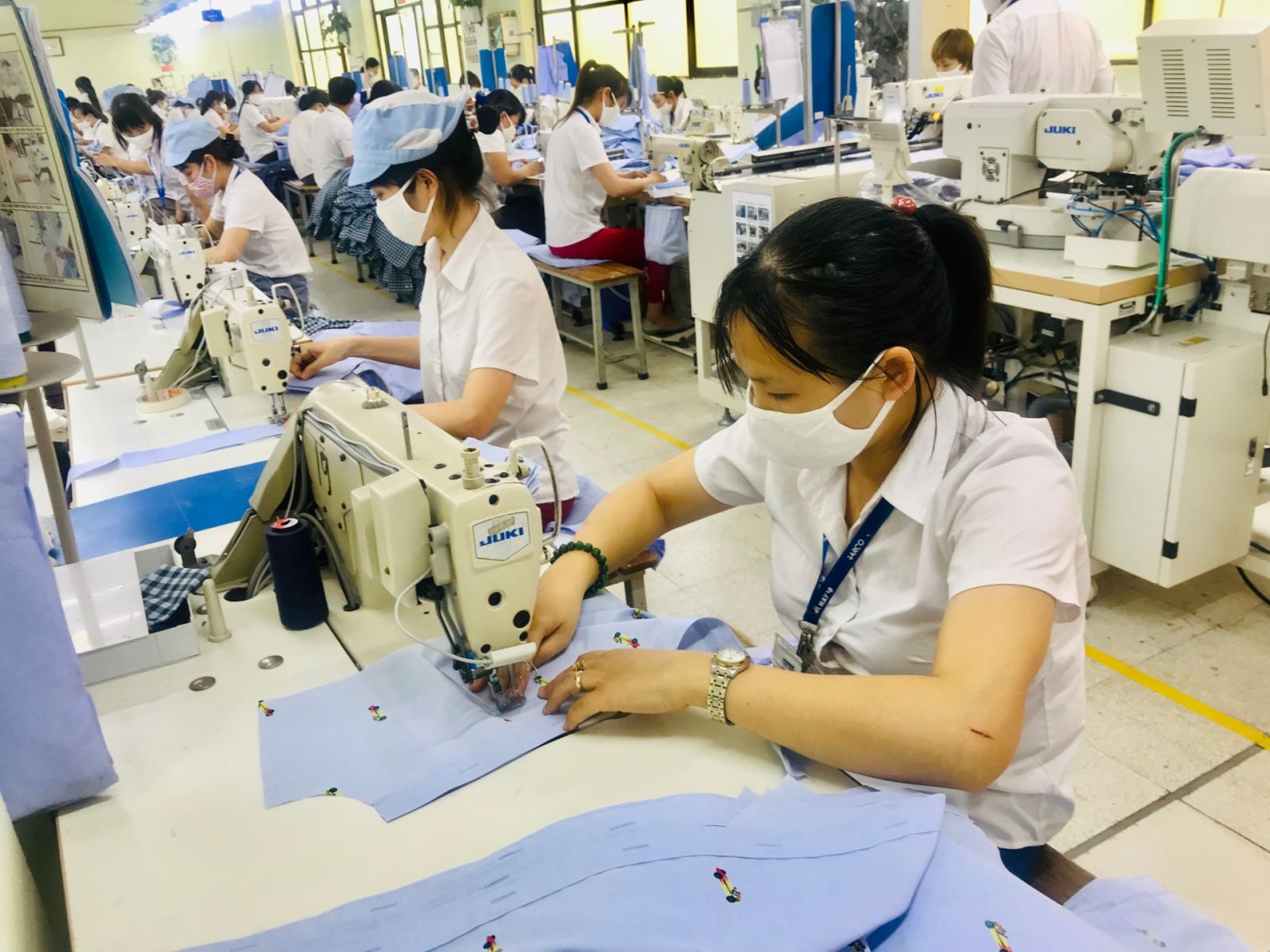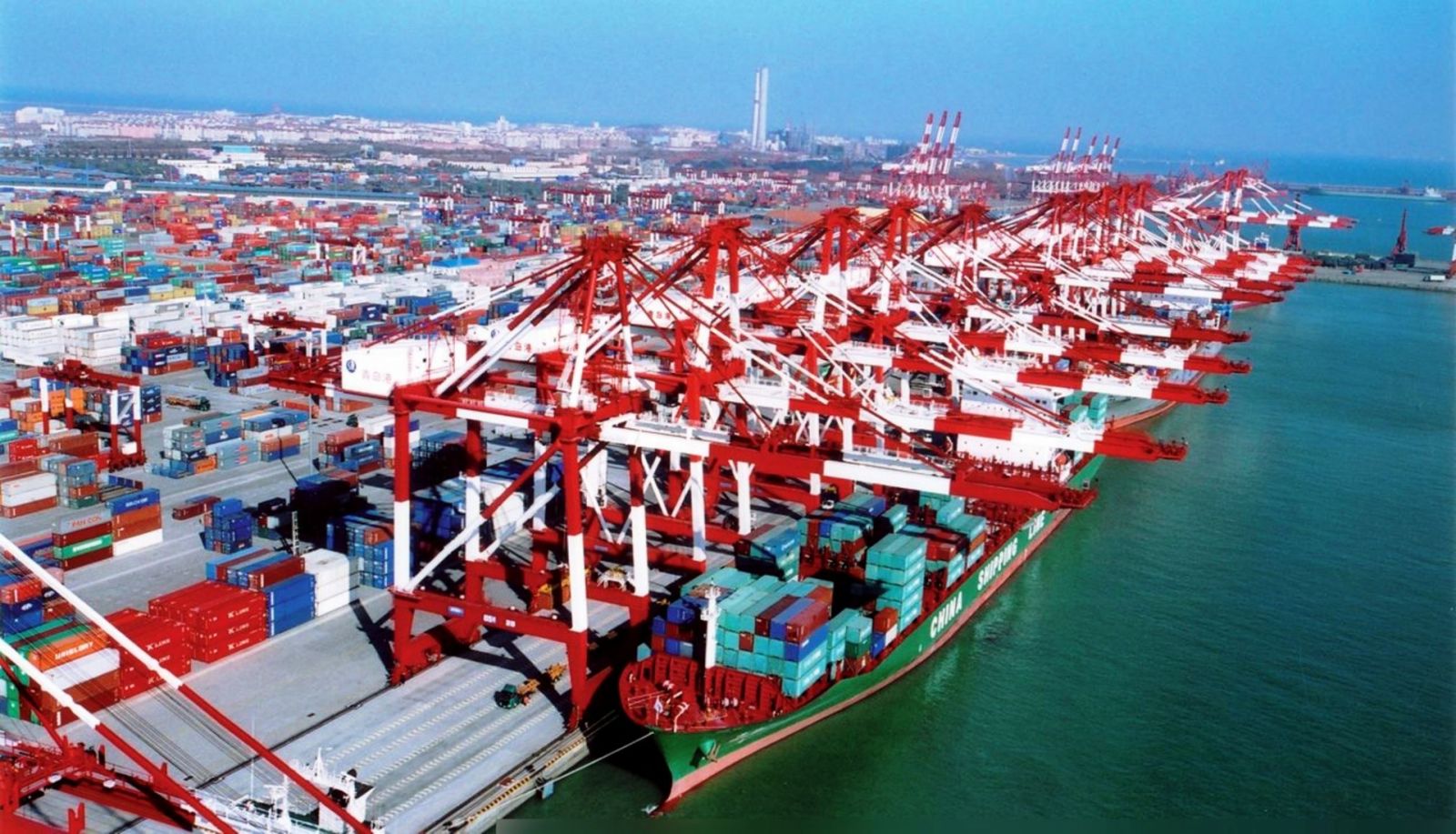Vietnam, Singapore cooperate to tap potential of trade pacts with EU, UK
As members of ASEAN (Association of Southeast Asian Nations), Vietnam and Singapore are signatories to various free trade agreements (FTAs), presenting them with significant cooperation potential to tap pacts with the EU and the UK, especially since their strong products do not compete directly with each other.
FTA signatories
Vietnamese-Singaporean cooperation has been growing well, especially in the fields of economic development, trade and investment. The two countries are signatories to nine FTAs, including those with major markets such as the EU and the UK.

Singapore is a major global trading hub, while Vietnam is a newly emerging manufacturer and exporter of many competitive products.
A webinar discussing ways for Vietnamese and Singaporean businesses to fully tap opportunities of these FTAs was held recently by the Ministry of Industry and Trade’s Vietnam Trade Promotion Agency (Vietrade) and Multilateral Trade Policy Department, and the Vietnamese Embassy in Singapore.
Vietrade Director Vu Ba Phu said that Vietnam and Singapore have the unique advantage of being the only two countries in the region with comprehensive FTAs with the EU and the UK. The two economies are highly complementary rather than competitive, enhancing the prospects of bilateral cooperation in penetrating the EU and UK markets.
Making use of each other’s abilities
Vietnamese Ambassador to Singapore Mai Phuoc Dung said Vietnam and Singapore are the two countries with the most economic openness in Southeast Asia and also the only two ASEAN countries that have signed FTAs with both the EU and the UK. These factors enable the two countries to utilize their capabilities to cooperate in exploiting the cumulative origin mechanism and jointly increase exports to third countries.

Singapore has become a major global trading hub
Associate Director at Asia Trade Center Sebastian Cortes Sanchez said that while the Covid-19 pandemic has reduced global trade, businesses have to find new resources to increase the competitiveness of their products and meet market requirements. The EU-Vietnam and EU-Singapore FTAs provide such opportunities to improve competitiveness and reduce costs.
He noted that Vietnamese businesses need to understand the tariffs for their product lines, and should pay attention to the rules of origin and export quotas.
At the webinar, Ngo Chung Khanh, Deputy Director of the Multilateral Trade Policy Department, provided Vietnamese businesses with detailed information about the main commitments under the EU-Singapore and UK-Singapore FTAs related to processed food exports to these markets.
Khanh said that while exploiting quotas on processed foods is only a small opportunity, the bigger opportunities lie in the production, investment and technology connection between the two countries to create higher value chains. He added that businesses of the two countries, especially Vietnamese enterprises, need to pay attention to sustainable production because the advantages offered by FTAs can only be brought into play when businesses meet the strict requirements of EU and UK markets.
Since the EU-Vietnam Free Trade Agreement (EVFTA) officially took effect in August 2020, 65 percent of EU exports to Vietnam and 71 percent of Vietnam’s exports to the EU are tax-free. The rate is expected to increase to 99 percent in the next decade.



